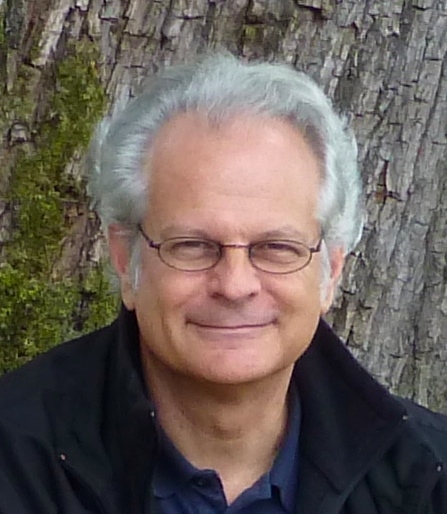This user has not added any information to their profile yet.
Altenberg's research focuses on uncovering the mathematical relationships within the dynamics of biological evolution, and evolutionary algorithms. He is particularly interested in higher order phenomena such as the evolution of evolvability, the evolution of genetic information transmission, and the evolution of the genotype-phenotype map. His chief accomplishments have been (1) to unify the theory for the evolution of genetic systems (recombination and mutation rates) by embedding them in the space of inclusive inheritance, which includes spatial as well as cultural information, and (2) to develop the concept of the variational properties of organisms as phenomena subject to evolutionary dynamics. This includes the discovery of mechanisms that lead to the evolution of evolvability, and modularity in the genotype-phenotype map.
The mathematical inclusiveness of his theoretical work has made it applicable to problems in evolutionary computation. His work on the evolution of biological information transmission has required development of new spectral theorems for linear operators, including a unification of reaction-diffusion theory predicting the evolution of slow dispersal with the Reduction Principle predictions for models of mutation, recombination and migration rate evolution. He has applied spectral theory to understand the evolution of mutational robustness.
Altenberg introduced a number of concepts which have been adopted in several fields:
• Introduction of the Price equation into evolutionary computation theory
• Mechanisms for the evolution of evolvability and modularity
• The conceptual distinction of generative and variational properties of the genotype-phenotype map
• Brood selection in evolutionary algorithms
• Generalization of Stuart Kauffman's NK Landscapes, applied to technological evolution
• Generalization of the Reduction Principle to infinite dimensional spaces, which unified reaction-diffusion models for the evolution of dispersal, and has been applied to epidemic models.
Learn more at:
http://dynamics.org/Altenberg/
https://en.wikipedia.org/wiki/Lee_Altenberg
Contact Lee at altenber@hawaii.edu


